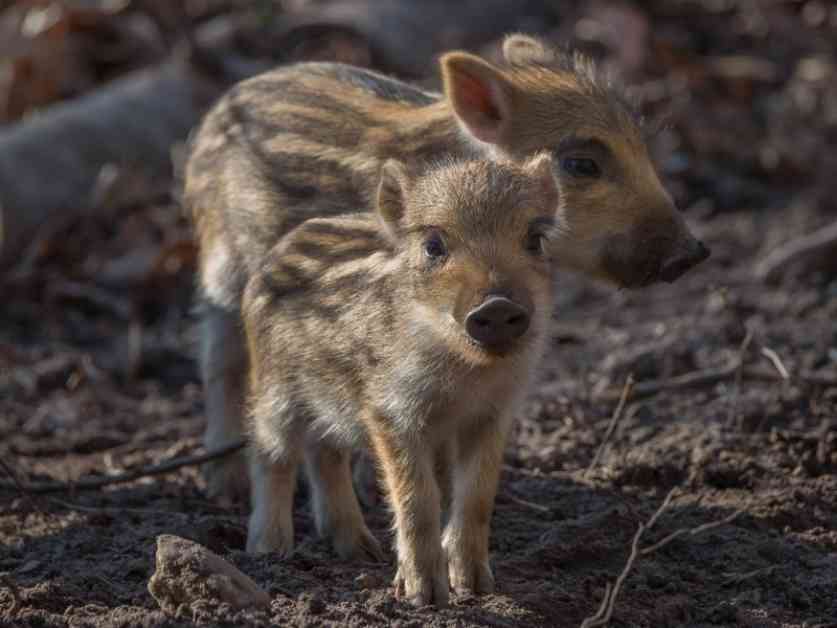Dr. Isabella Capellini’s research on the impact of high temperatures on the sleep patterns of wild boars and young deer has shed light on the potential consequences of climate change on mammalian populations. The study, conducted in collaboration with Prof. Luca Börger and his team at Swansea University, utilized high-tech tracking tags to monitor the animals’ movements and behaviors in their natural habitats.
The findings of the research revealed that wild boars and young deer experience reduced and fragmented sleep during hot summer days, with an average sleep loss of 17% in boars. This has significant implications for the animals’ health and well-being, particularly for female boars who reproduce during the summer months. The study also highlighted the importance of sleep for maintaining immune function and overall health in wild animal populations.
In addition to the implications for wildlife conservation, Dr. Capellini’s research has broader implications for understanding the role of sleep in human health. By studying the sleep patterns of wild animals, researchers can gain insights into the natural sleep rhythms of different species and how they are influenced by environmental factors. This information can help inform human sleep patterns and habits, as well as provide valuable data for understanding the impact of climate change on both animal and human populations.
Moving forward, Dr. Capellini plans to further investigate the relationship between sleep patterns, disease susceptibility, and climate change adaptation in wild animal populations. By studying individual variations in sleep behavior and responses to environmental stressors, researchers can gain a deeper understanding of how different species cope with changing conditions in their habitats.
Overall, Dr. Capellini’s research highlights the importance of studying sleep in wild animals for both conservation and human health purposes. By unraveling the mysteries of sleep in the animal kingdom, researchers can not only protect vulnerable species but also gain valuable insights into the fundamental role of sleep in maintaining health and well-being across different ecosystems.












